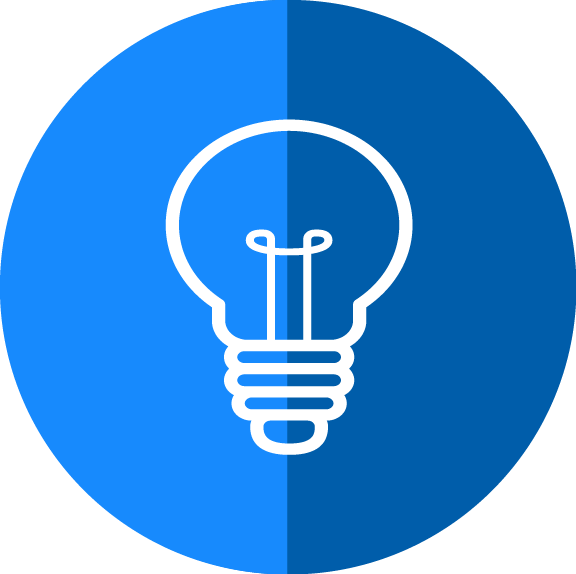
What is the CBS Superlab?
With the release of the ACBS Task Force Report on the Strategies and Tactics of Contextual Behavioral Science Research, high-level discussion around how to roll out the proposed recommendations is necessary. The CBS Superlab is an international research lab meeting held once a quarter via Zoom. CBS SuperLab Meetings are typically held at 3pm EST. These hour-long quarterly meetings will involve:
- A research presentation delivered by a CBS lab that showcases ongoing advances, developments, and innovations in the field of CBS. Each presenter will be invited to share resources relating to their presentation (e.g., PowerPoint slides, handouts, software packages) that will be made available to all attendees.
- A group discussion among all attendees that focuses on both the presentation and means of addressing the Task Force’s recommendations.
- All CBS research labs are invited to participate. To be considered a CBS lab, your lab details must be included on the ACBS website. Research labs may submit to present here.
All ACBS members are invited to attend. To attend a Superlab, please register here. After registering, we encourage you to join the Superlab listserv to continue the conversation.
Please join us for Superlab with Rhonda Merwin on Wednesday, April 15 at 3pm Eastern. You can register here
Please join us for Superlab with Philipp Klein on Wednesday, June 3 at 3pm Eastern. You can register here
Panelists include:
- Michael Muthukrishna: Professor of Economic Psychology at New York University and the London School of Economics and author of “A Theory of Everyone”
- Sigal Zilcha-Mano: Professor of Clinical Psychology at the University of Haifa and author of the Trait-Like / State-Like (TLSL) framework for understanding mechanisms of change
- Steven Hayes: Emeritus Professor of Psychology at the University of Nevada, Reno and author of “Learning Process-Based Therapy”
- Kirk Strosahl: co-founder of Acceptance and Commitment Therapy (ACT) and founder of Focused Acceptance and Commitment Therapy (FACT)
Title: Psychological Therapy as a Practical Application of a General Theory of Individual Human Behaviour
Abstract: The field of psychology is characterized by many (sometimes overlapping) theories that seek to explain human behaviour. What is lacking is a more general theory which connects these theories and thus allows researchers to more systematically generate empirically testable predictions. This lack of a general theory might contribute to the replication crisis in psychological sciences and the fact that the implementation of empirically-supported treatments has not led to a reduction of the disease burden associated with mental disorders (treatment-prevalence paradox).
Recently, efforts have been made to develop such a general theory of individual human behaviour; these are rooted in current extensions of evolutionary science which posits that human behaviour can be understood as continuous adaptation to a constantly changing environment facilitated not only by genetic and epigenetic factors but also by social learning, symbolic learning (i.e. language) and experiential learning.
In this CBS Superlab, we want to explore to what extent a general theory of human behaviour can contribute to understanding and ultimately improving psychological interventions. Participants in this CBS Superlab will have the opportunity to learn about and contribute to this new integrative perspective on psychological interventions based on a general theory of human behaviour.
References
1. Muthukrishna M, Henrich J. A problem in theory. Nat Hum Behav 2019; 3: 221–9.
2. Bohannon J. Many psychology papers fail replication test. Science (80)2015; 349: 910–1.
3. Ormel J, Hollon SD, Kessler RC, Cuijpers P, Monroe SM. More treatment but no less
depression: The treatment-prevalence paradox. Clin Psychol Rev 2022; 91: 102111.
4. Hofmann SG, Hayes SC. The Future of Intervention Science: Process-Based Therapy. Clin Psychol Sci 2019; 7: 37–50.
5. Jablonka E, Lamb M. Inheritance Systems and the Extended Synthesis. Cambridge University Press, 2020 DOI:10.1017/9781108685412.
